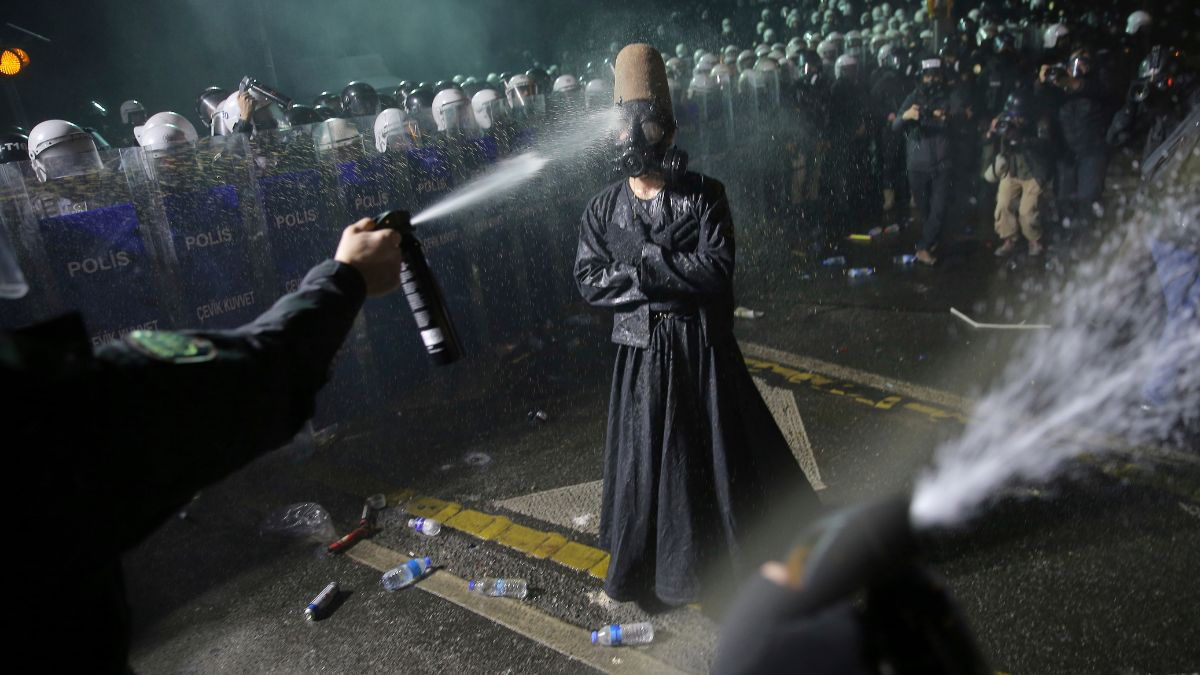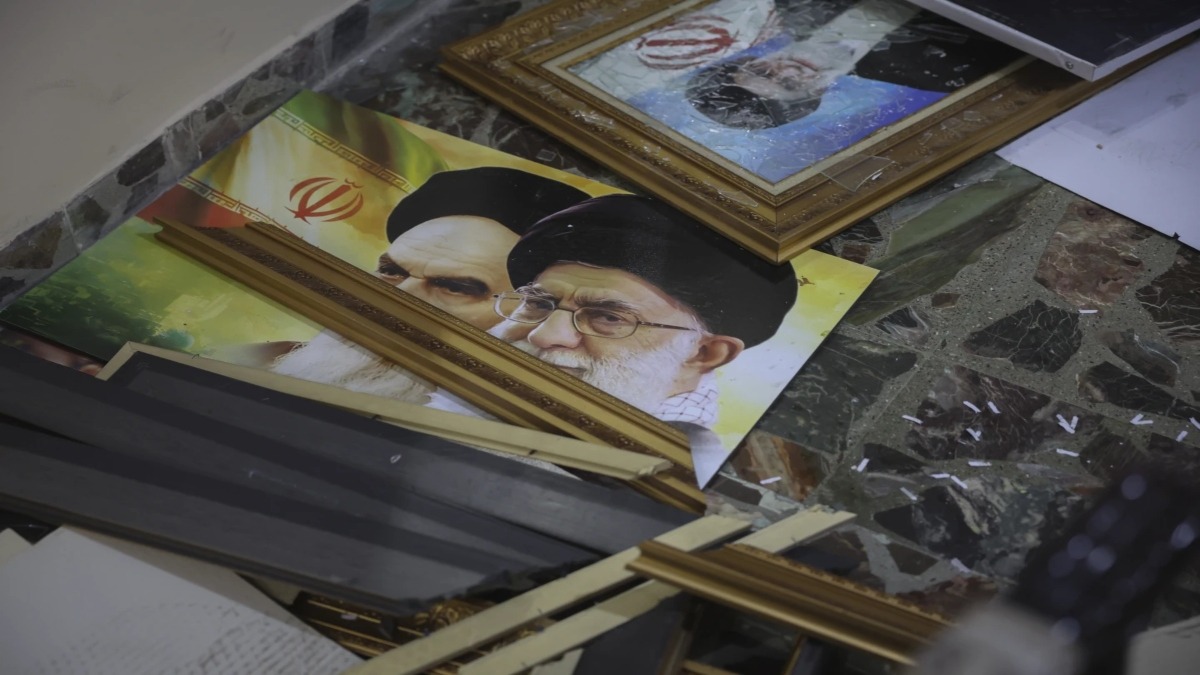Rafael Mariano Grossi, Director General of the International Atomic Energy Agency (IAEA), praised India’s worldwide position in nuclear energy as “indisputable” during his recent visit to the country.
In an interview with The Economic Times, Grossi indicated strong support for India’s ambition to join the Nuclear Suppliers Group (NSG), a 48-member organisation devoted to preventing nuclear proliferation by regulating the export of nuclear materials and technology.
Grossi emphasised that countries with large nuclear projects and a commitment to responsible nuclear trading should be invited into the NSG.
Reflecting on his stint as NSG president, he stated, “We got very close,” and that India’s membership was hampered not by its own qualities, but by “the multilateral dynamics at the time.” Some nations, particularly China and New Zealand, had previously expressed worry about India’s membership in the group.
Grossi’s visit coincided with his participation in the Raisina Dialogue, a geopolitical conference aimed at strengthening India-IAEA collaboration in fields such as nuclear energy and cancer care.
During his trip, he praised India’s expertise in cancer treatment, announcing, “I am proud to recognize Tata Memorial as an IAEA Rays of Hope Anchor Centre.” He emphasised India’s leadership in the Global South and its ability to spread cancer care expertise throughout the world, saying, “With this partnership, we will bring India’s know-how to regions that need it the most.”
The Tata Memorial Centre, a premier cancer treatment facility, has been named the latest Rays of Hope Anchor Centre, joining six others in Asia-Pacific.
With this addition, there are now 11 such centres throughout the world that serve as information exchange and capacity development hubs to increase cancer care access, particularly in low- and middle-income countries.
On the civil nuclear front, Grossi dedicated the SN Bose Building at the Global Centre for Nuclear Energy Partnership (GCNEP) and established a certificate course in nuclear engineering in conjunction with India’s Department of Atomic Energy.
He emphasised the need of a competent workforce in sustaining the expansion of nuclear energy, particularly in Asia, saying, “India is an important nuclear country, and the IAEA partnering with the DAE at GCNEP will help train the next generation of workers.”
Grossi also met with India’s External Affairs Minister, S. Jaishankar, and DAE Secretary, Ajit Kumar Mohanty. Commenting on India’s increasing nuclear program, he stated, “India’s civil nuclear programme—from power to health and agriculture—is growing rapidly. As a leading nation of the Global South, it plays an important role in shaping the future of nuclear science .”
His visit came after India announced plans to build five compact modular reactors, demonstrating its commitment to advance nuclear technology.


)
)
)
)
)
)
)
)
)



